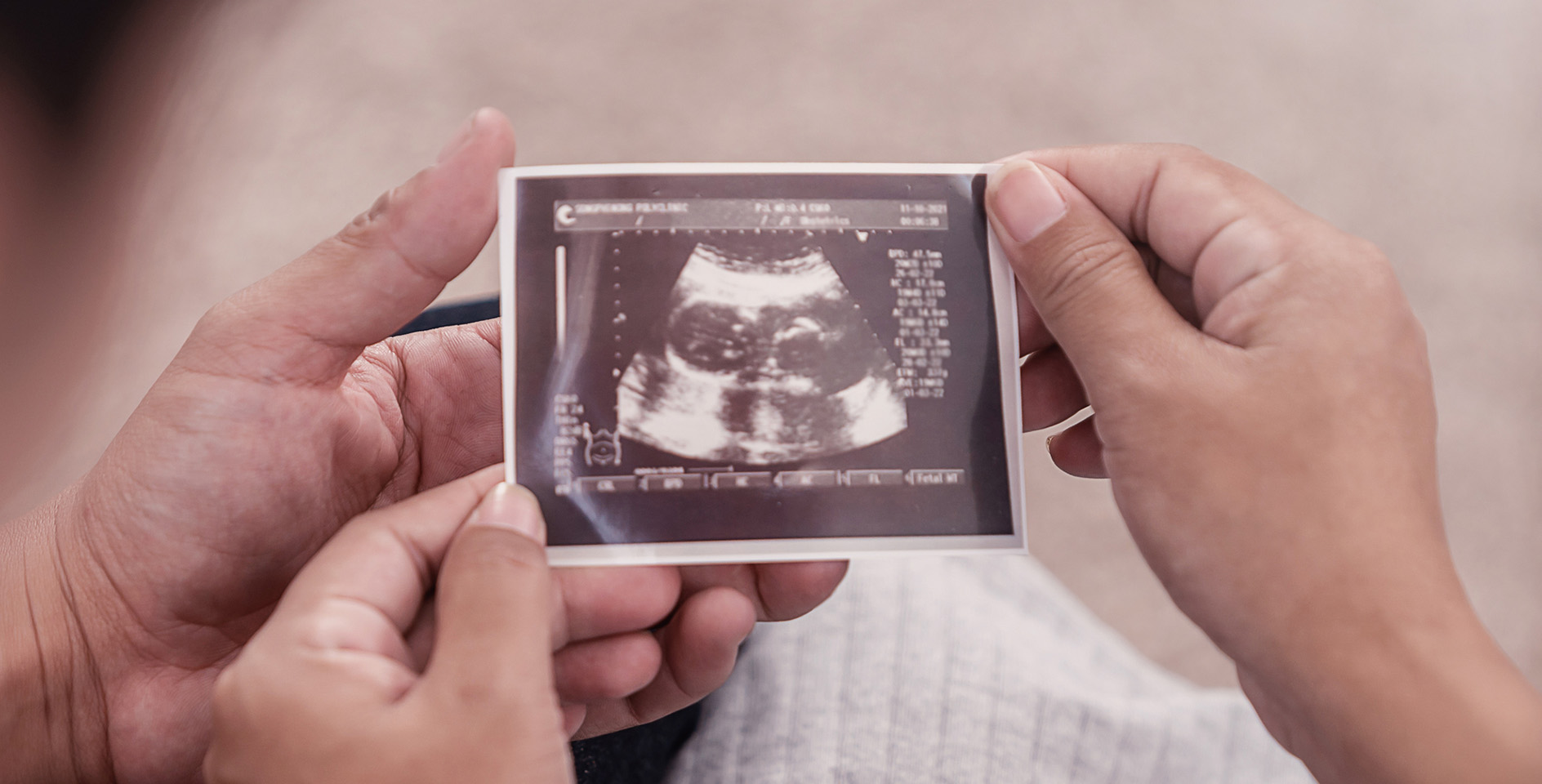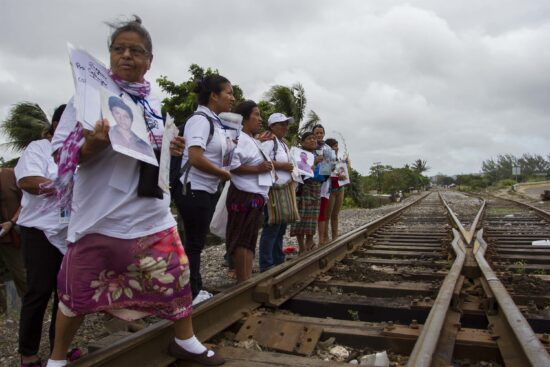Senator Mike Enzi of Wyoming and Representative Mike Kelly of Pennsylvania have sponsored legislation, The Child Welfare Provider Inclusion Act, protecting faith-based adoption and foster care agencies from discrimination because of their religious beliefs.
The legislation was introduced to protect agencies within states such as California, Massachusetts, Illinois, and Washington D.C. (and any state choosing to join them in the future), all of whom have withdrawn funding from religiously oriented adoption and foster agencies because, in keeping with their sincerely held beliefs, these agencies place children in homes with a married mother and father. States have withdrawn funding in the name of equal opportunity (or, what opponents of religious liberty see as preventing discrimination). The problem, however, is that such action merely serves to hasten the end of adoption and foster services for these ministries.
There is no good reason why any of these care providers should be disqualified from working with their government to serve America’s families simply because of their deeply rooted religious beliefs,” Representative Kelly said.
The states claim to be protecting same-sex and unmarried couples. They claim to be preventing agencies from discriminating, but allowing agencies the right to only place children in traditional homes does not deny lesbian, gay, or unmarried couples the opportunity to adopt elsewhere. There are other agencies that have no objection to same-sex or unmarried couples adopting a child.
The bill isn’t about same-sex or unmarried couples’ rights at all. The opportunity to start a family is still intact through other agencies. But states and same-sex marriage advocates should not drown out faith-based agencies from taking care of orphans by coercing such agencies to actively support something in conflict with their convictions.
No, this isn’t about the couples. It is about the agencies’ right to uphold their beliefs. In the interest of a thriving pluralism that allows diverse viewpoints to operate within America, policy should honor the rights of organizations to care for orphans in a way that honors religious liberty, not chip away at it.
As The Heritage Foundation’s Ryan Anderson and Sarah Torre comment:
Protecting religious liberty in this instance takes nothing away from anyone. Couples who do not wish to work with faith-based agencies because of a difference of belief are free to work with another private provider or directly with the state offering foster care services. A diversity of providers only increases the chances more children will end up in permanent, loving families.
And what about the children? According to the Child Welfare Information Gateway, there were around 399,546 children in the foster care system on September 30, 2012. Of those children, 24 percent had a goal of adoption. Actions taken that reduce adoption and foster care services harm children.
Faith-based charities and organizations do an amazing job of administering adoption, foster care and a host of other services. Limiting their work because someone might disagree with what they believe only ends up hurting the families they could be bringing together,” Senator Enzi said.
Echoing Enzi’s sentiment, Representative Kelly called the work of faith-based agencies “unparalleled.” And yet, governments in some states are now discouraging such selfless work.









